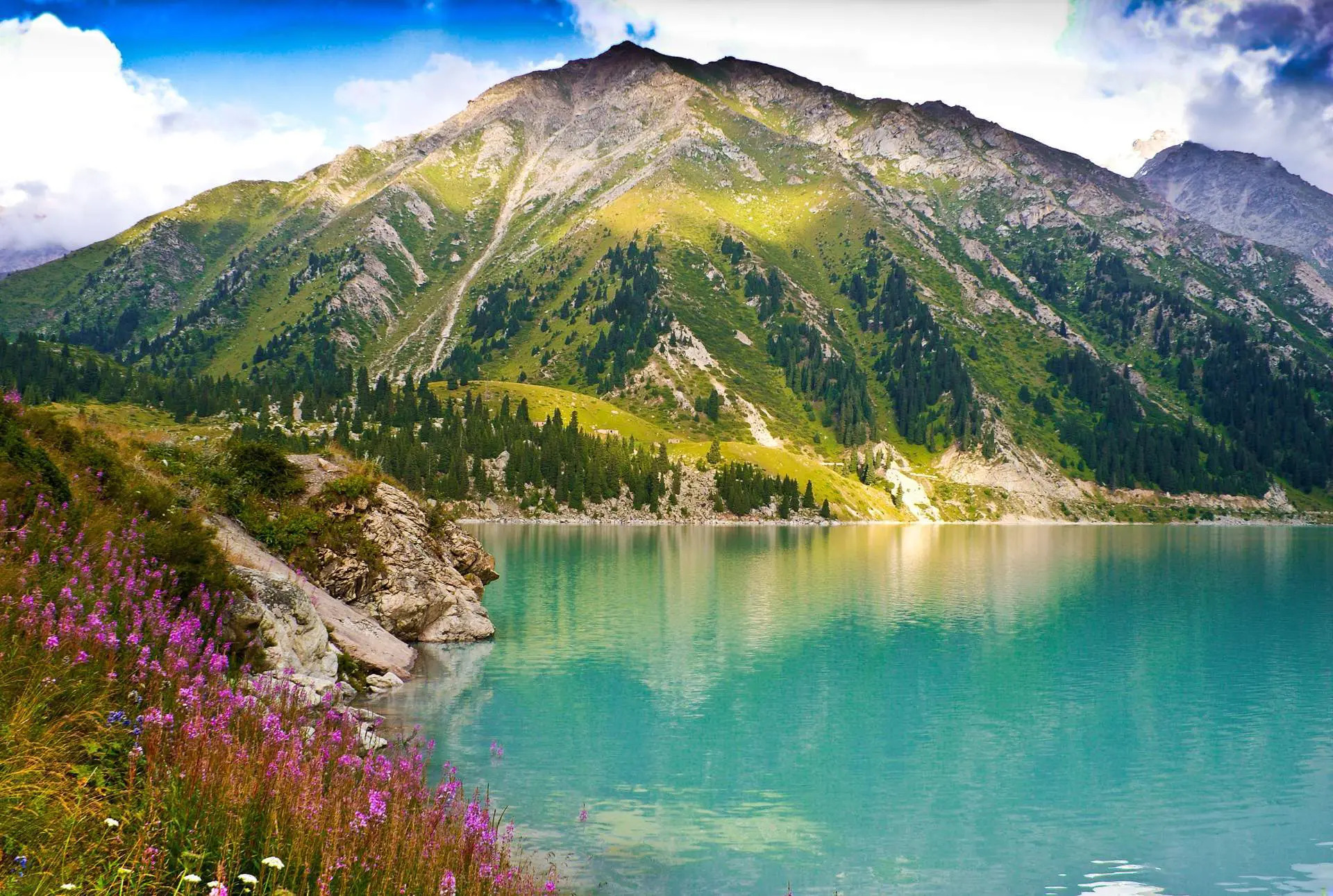ASTANA ( WNAM MONITORING ): Prime Minister Olzhas Bektenov chaired a government meeting to review Kazakhstan’s fast-growing tourism industry, which is evolving in agri-, eco-, business, shopping, and event tourism, alongside digital innovations, reported the Prime Minister’s press service.
National parks, eco- and agritourism
One of the key initiatives proposed by Minister of Tourism and Sports Yerbol Myrzabossynov is to grant regional administrations the authority to develop tourism infrastructure outside urban areas, including in national parks.
Eight visitor centers have been built in recent years, and trail systems and basic infrastructure are being expanded to promote ecotourism. In 2024, 2.8 million people visited 14 national parks, 18% more than in 2023.
Farmers will now be allowed to engage in agritourism to support rural development. Kazakhstan has over 200,000 farms, and this measure is expected to create jobs and raise rural living standards.
Expanding access: green corridor, Neo Nomad Visa
Reforms to the hotel classification system, unchanged since 2008, are planned to align with international standards.
A new green corridor system is being piloted at border checkpoints with Russia and the Kyrgyz Republic to ease entry for organized tourist groups.
To simplify travel, officials proposed making the Neo Nomad Visa currently available only through foreign embassies, accessible online via Kazakhstan’s visa migration portal.
Shopping tourism, guide app
Kazakhstan is looking to expand its Tax Free system, which encourages shopping tourism by offering tax refunds to foreign buyers. Since 2019, the pilot program in Astana, Almaty, Shymkent, and Turkistan has generated sales of 4.9 billion tenge (US$9.3 million). Authorities now aim to scale the system nationwide.
To improve the quality of tourism services, a new digital platform, E-Guides, has been launched to help tourists find certified local guides more easily.
Key tourist destinations’ progress
As part of the approved comprehensive development plan for the Schuchinsk-Burabai resort area until 2029, Akmola Region Governor Marat Akhmetzhanov announced plans to build eight observation platforms, upgrade 14 tourist routes, and develop a public beach at Lake Shchuchye.
Among major projects in this area are a congress center, a hotel with a water park and villas, a cottage town, and an apart-hotel under the Hilton brand.
Almaty Mayor Yerbolat Dossayev presented one of the key digital projects, SuperApp, allowing users to buy tickets, plan routes, book tours, and explore attractions through VR. He highlighted the city’s growing MICE tourism sector, supported by upcoming facilities such as the new Almaty Museum of Arts and the Tselinny Center for Contemporary Culture.
Plans are underway for a world-class ski resort in Almaty with 150 kilometers of trails, expected to attract up to five million visitors annually. Another key initiative will be to develop the Mangystau tourist zone.
Inclusive tourism
Murat Karatai, the head of the Pioneer family resort, advocated for expanding inclusive children’s resorts. Currently, over 300,000 children in Kazakhstan need special educational support, and he proposed creating a nationwide network of inclusive resorts and a national center to train specialists in family and inclusive tourism.
The Almaty mountain cluster can play a key role in scaling the model and developing specialized resorts of a new type focused on families, children, safety, and social inclusion.
Event tourism
Malik Khassenov, the producer at Astana Concert company, outlined several high-profile upcoming events to boost event tourism. These include the Alem Fest music festival headlined by Craig David, Comic Con Astana, and a concert by American singer and actress Jennifer Lopez.

